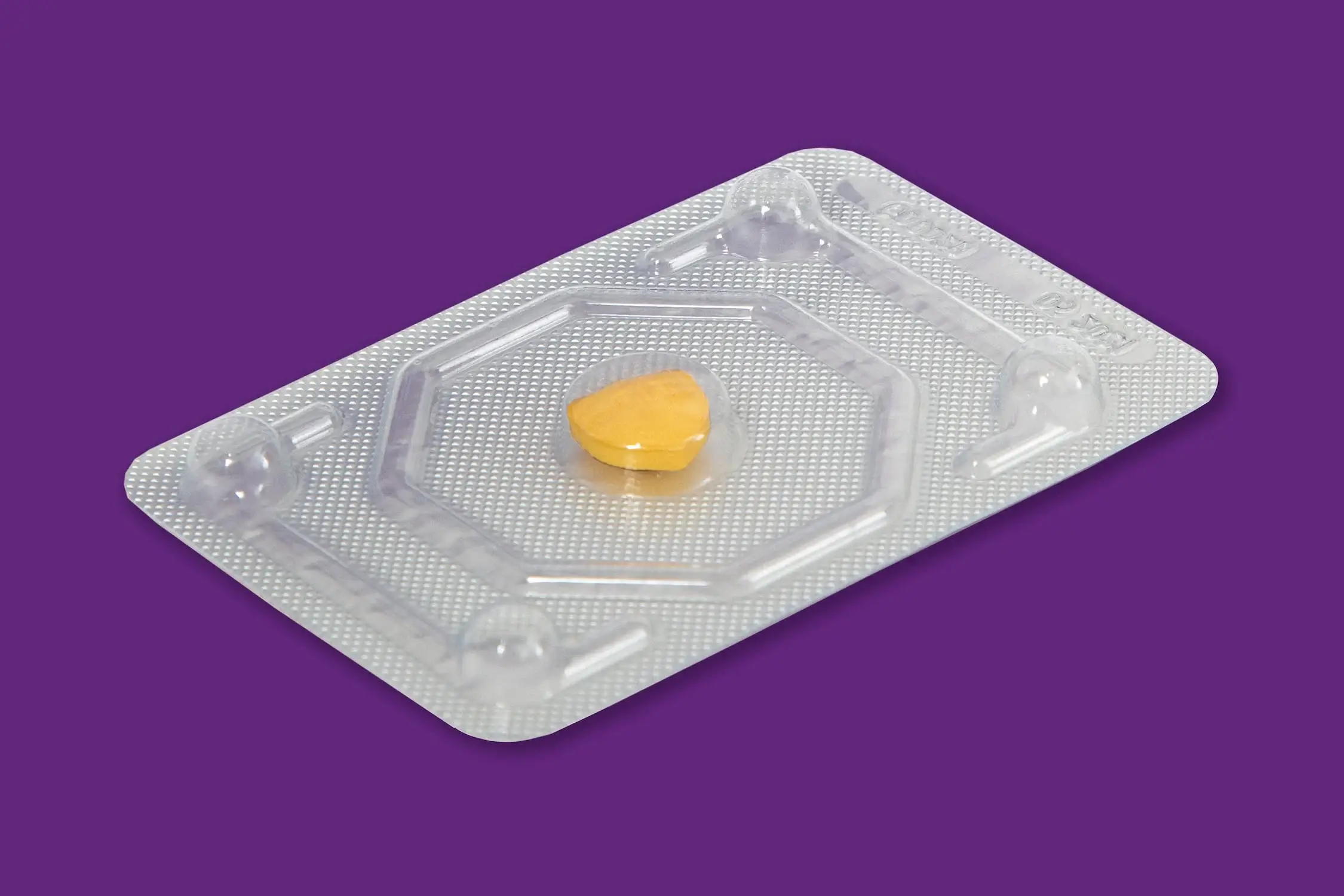Contraception, otherwise commonly referred to as birth control, is a form of treatment that can prevent females from getting pregnant and males from producing offspring. There are many forms of contraception available, either from hormonal treatment, such as pills, surgery, or implantation of a device.
Contraception, which has been used for centuries, has since evolved. Research suggests that the only form of contraception which has an impact on fertility is the contraceptive injection which can delay it for up to a year after stopping. This article explores different types of contraception and how they might impact fertility.
What is contraception?
There are numerous contraceptives on the market and prescribed by doctors, which are primarily used to prevent pregnancy.
Some contraceptives are permanent and others can be reversed. Doctors will usually prescribe reversible contraceptives such as:
- Vaginal ring (e.g. NuvaRing)
- Skin patch (e.g. Xulane)
- Contraceptive injection (e.g. Depo-Provera)
- Birth control pills
Longer-acting options include Intrauterine devices (IUDs):
- Copper IUD (e.g. ParaGard)
- Hormonal IUD (e.g. Mirena, Skyla, Kyleena)
- Contraceptive implant (e.g. Nexplanon)
Permanent options:
- Sterilisation - bilateral tubal ligation or vasectomy
What are the benefits of contraceptives?
Birth control may reduce the risk of the following: ovarian cancer, colorectal cancer and endometrial cancers.
Other benefits include:
- Reduction of acne formation
- Lighter menstruation
- Less painful menstruation
- Regular and more predictable cycle
Are there any risks of contraceptives and long-term use?
Using contraceptives, such as birth control pills, may cause an increased likelihood of stroke, heart problems, such as a heart attack, and blood clot formation. Other risks include cervical cancer or breast cancer.
What happens if I stop using contraception?
Once birth control has been stopped, the body will return to its normal menstrual cycle and ovulation will occur. In some people, fertility levels may decrease in the following months after discontinuation of contraceptives and get pregnant may be difficult. But, this is often a temporary outcome.
Surprisingly, the likelihood of falling pregnant after long-term contraceptive use increases as compared to females having used contraceptives for only two years. This also depends on which contraceptive was used.
The average time it takes for the effects of the different contraceptives to cease is:
- Contraceptive injection - 1.5 years
- Hormone pill and implants - as soon as 1-2 weeks
- Permanent methods - there is a 50% chance that it may be reversed and the possibility of pregnancy is the same
Studies suggest that the following supplements may assist in getting pregnant since birth control depletes these stores:
- Vitamin C and vitamin E
- Folate
- Vitamin B2, B6 and B12
Common causes of infertility
The most common causes of infertility are endometriosis, uterine fibroids and thyroid problems and diseases.
Other risk factors that may contribute to infertility include:
- Patients’ age (men over 45 and women over 35)
- Diabetic problems
- Different eating disorders (low body weight or obesity)
- Environmental toxins
- Exercising too much
- Different cancer treatments
- Sexually transmitted infections
- Stress levels
- Substance abuse (drugs or alcohol)
- Smoking
- Genetics and family history
Increasing the likelihood of pregnancy
There are various ways to increase the likelihood of falling pregnant. Medical advances in the world have made it possible for many couples to fall pregnant, even after years of struggling due to infertility.
After using contraceptives for a long period of time, the folate, vitamin C, E, B2, B6 and B12 stores are depleted and need to be replenished. Taking various supplements to aid the restoration of adequate levels is important.
Other medical methods that can assist in increasing the likelihood of a successful pregnancy are:
- IVF (in vitro-fertilisation): Medical fertilisation of the egg outside of the body. This can be done if the fallopian tubes are damaged or the cause of the infertility is unknown.
- Freezing eggs: To prevent declining fertility as the patient ages and to be able to have children when the couple is ready.
- Restoration of fertility (due to other diseases): This can be done either surgically or with medication, since underlying conditions may be the cause of infertility.
- PGD (Preimplantation Genetic Diagnosis): Repeated miscarriages or a known genetic disorder could be the reason to try PGD to prevent future disappointment
What if I am infertile after using contraception?
If infertility persists due to other medical reasons and none of the medical remedies has assisted in a successful pregnancy, there are other options to prevent disappointment.
Surrogacy and adoption have been the alternative to pregnancy if the patient is infertile. With surrogacy, a frozen egg may be used of the patient and their partner’s sperm to conceive a foetus and a third person will carry the foetus until full term. Adoption is another option to have a child without being pregnant.
The only form of contraception that can impact fertility after stopping it is the hormonal injection. This can prevent the possibility of getting pregnant for up to a year after stopping it.
Long-term use of contraceptive pills does not affect fertility, or the chance of getting pregnant. There are, however, some risks associated with long-term use of hormonal contraceptive pills. Some common risks are the possibility of strokes, heart attacks or even blood clots.
No, emergency contraception, such as the morning after pill, does not affect fertility after use.


 71–75 Shelton Street, Covent Garden, London, WC2H 9JQ
71–75 Shelton Street, Covent Garden, London, WC2H 9JQ +44 (0) 20 3376 1032
+44 (0) 20 3376 1032



